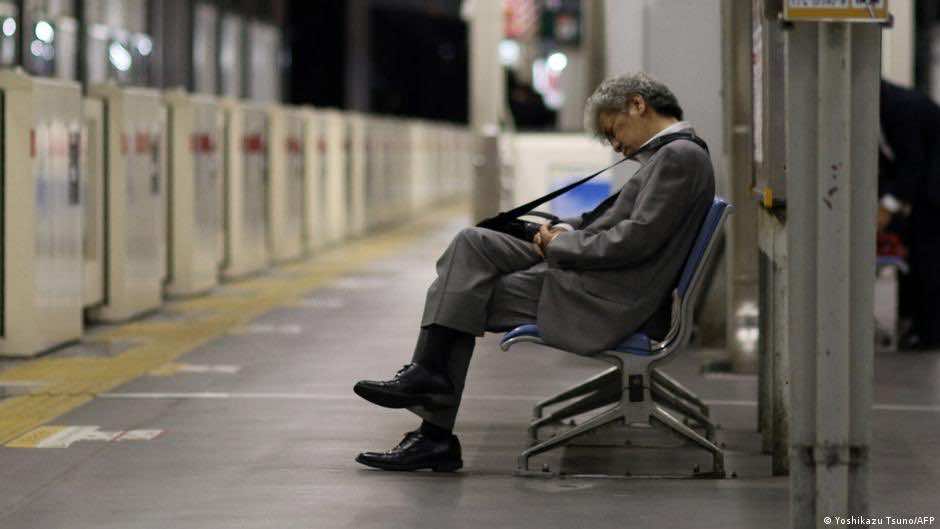The corporate world is advancing by every day, and businesses are growing exponentially. The intensity of work is increasing, and balancing work and life is getting difficult. The onset of pandemic has further exacerbated the situation by pushing work into homes. As convenient as it seems, it is not the ideal situation when prolonged. The boundaries between work and personal life are blurred and the roles at work and at home collide, creating confusion, stress, and frustration.
In order to check the increasing work-life disbalance and control the stress of work, Japan is promoting a four-day workweek, leaving the rest three days free from work. Employees will have a choice to select to work for 4 or 5 days. This can give more time to people to spend time with their families or focus on self-development, eliminating the norm of overworking.

It is customary for Japanese workers to work more than what is needed and put in extra effort even when it is not required by their job duties. The stress of working is one of the most common reasons of death in the country. This death due to overworking is called ‘karoshi’ in Japanese. This practice is so prevalent and embedded in the society that there is a separate term to describe it. The situation is appalling, and remedial measures are needed urgently. Therefore, the Prime Minister of Japan is getting involved and giving people choice to choose number of days they want to work.

However, these policies are not foolproof and have loopholes. Firstly, even the government is encouraging fewer working days and hours, employers will not be too welcoming of this change. This means less work for them, and they will not be happy with fewer working hours for their employees. Secondly, the employees would not want to decrease their salaries by working less. They will choose to get paid more instead of fewer working hours. This policy needs thorough implementation and follow-up checks to make sure it is accepted and followed. Otherwise, the tradition of overworking will lead to further depression, anxiety, and unfortunate deaths.


